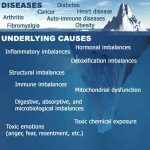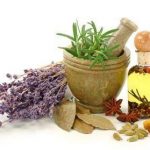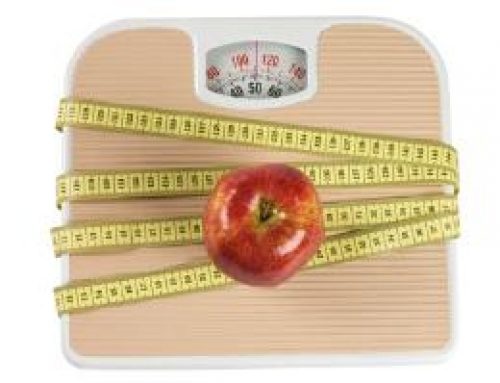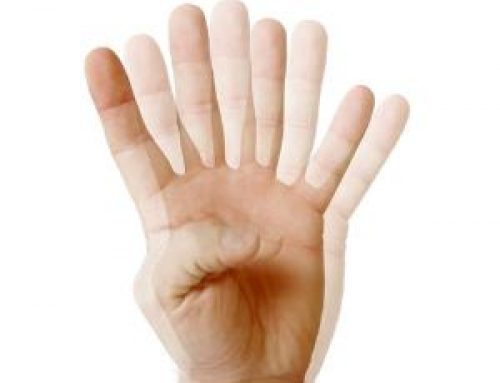Hay Fever Treatment Cambridge
Hay fever, also known as seasonal allergic rhinitis, is a very common condition that affects 20% of people in the UK. It is caused by an allergy to airborne substances such as grass or hay pollens, which affects the upper respiratory passages (nose, sinus, throat and eyes).
Hay fever usually occurs during the Spring and Summer months but exactly when you get it depends on which pollens you are allergic to. From May to July grass and flowers are in pollen, making these the most common cause of hay fever. Whereas, during Spring (from March to May), pollens from trees are the most common cause of hay fever. Some people do continue to get hay fever symptoms into the Autumn months. However, this is rare and is usually caused by weeds (such as nettles and docks), late flowering plants and mould spores.
Hay fever symptoms can be similar to a cold and include a runny nose, watery eyes and repeated sneezing attacks. As with all allergies, the symptoms happen as a result of your immune system (the body’s defence system) overreacting to a normally harmless substance, which is in this case pollen. When the body comes into contact with pollen cells in the lining of your nose, mouth and eyes release a chemical called histamine which triggers the symptoms of an allergic reaction.
You are more likely to get hay fever if there is a history of allergies in your family, particularly asthma or eczema. Hay fever usually begins in the early teens and peaks when you’re in your twenties. Research shows that many people become less sensitive to pollen as they get older and by the time you reach your mid-forties, hay fever may no longer be a problem.
Therapies for Help with Hay Fever
- Functional Health Care
 assesses your current health and wellbeing and the practitioner can advise you on the various options available. Your assessment will be thorough and in depth and look at your health, diet, lifestyle, posture, fitness, happiness and coping abilities.... read more
assesses your current health and wellbeing and the practitioner can advise you on the various options available. Your assessment will be thorough and in depth and look at your health, diet, lifestyle, posture, fitness, happiness and coping abilities.... read more - Kinesiology
 is quick, gentle and non-invasive form of therapy and will help you discover how your body is feeling about the life you are living. By bringing your attention to how your body is responding it makes it easier to know what is right for you.... read more
is quick, gentle and non-invasive form of therapy and will help you discover how your body is feeling about the life you are living. By bringing your attention to how your body is responding it makes it easier to know what is right for you.... read more - Western Herbal Medicine
 is a particularly good approach for chronic conditions and ill health that is ill-defined by general practice, as we step back and take time to really investigate how the whole body interacts and impacts on symptoms... read more
is a particularly good approach for chronic conditions and ill health that is ill-defined by general practice, as we step back and take time to really investigate how the whole body interacts and impacts on symptoms... read more






